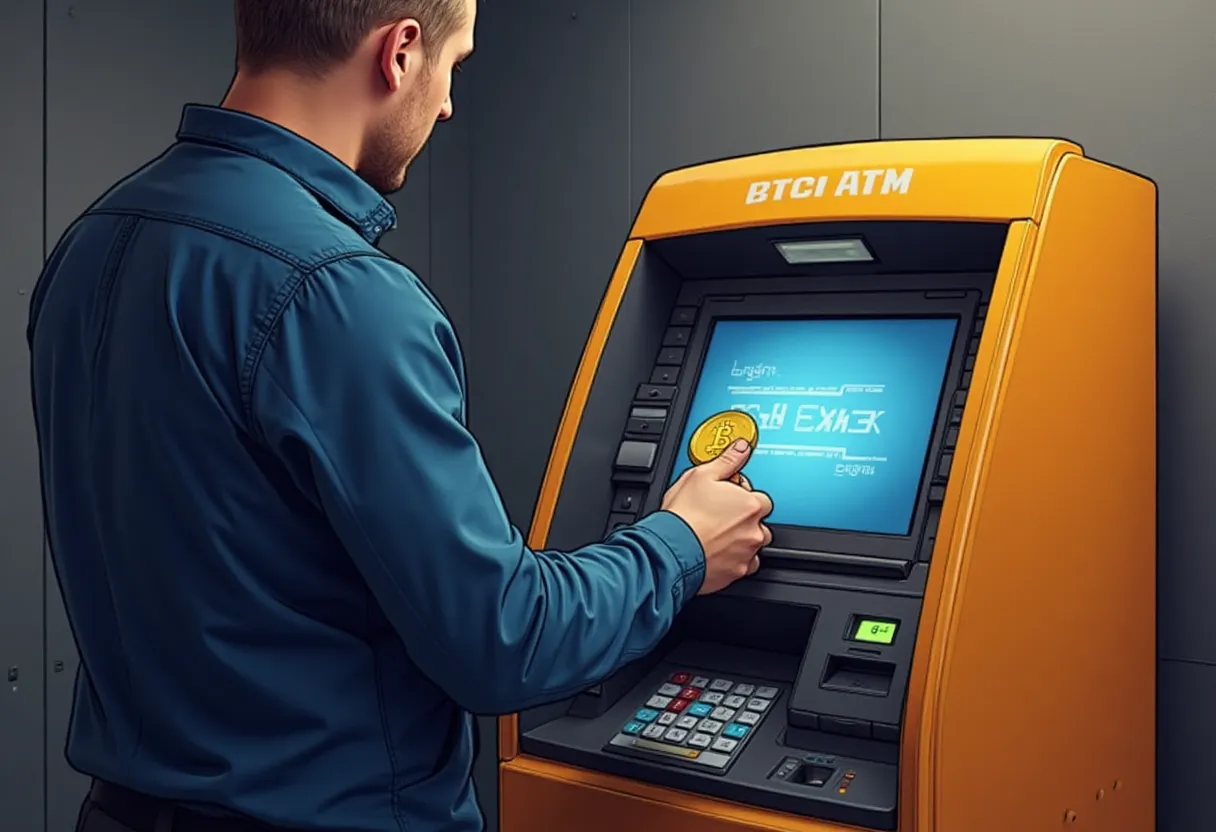States Intensify Regulations on Bitcoin ATMs Amid Scam Rise
In recent years, the proliferation of Bitcoin ATMs has revolutionized the way individuals engage with cryptocurrency. These machines, which allow users to buy and sell Bitcoin and other cryptocurrencies, have gained popularity due to their accessibility and convenience. However, with their growth has come an alarming rise in scams and fraudulent activities, prompting states to ramp up regulations to protect consumers.
The Surge of Bitcoin ATMs
Bitcoin ATMs offer a user-friendly interface for both seasoned crypto investors and newcomers alike. These machines allow users to:
This ease of access has led to the rapid expansion of Bitcoin ATMs across the United States, with thousands of machines installed in various locations. According to recent data, the number of Bitcoin ATMs in the U.S. has surged, making it one of the leading countries for this technology.
The Dark Side: Rise in Crypto Scams
While Bitcoin ATMs offer significant advantages, they also present unique challenges. The anonymity and lack of regulation associated with cryptocurrency transactions have created fertile ground for scammers. Reports of fraud linked to Bitcoin ATMs have increased, leading to significant financial losses for unsuspecting victims.
Common scams associated with Bitcoin ATMs include:
These scams often target vulnerable individuals who may not fully understand how cryptocurrency works, leaving them exposed to significant risks.
State Responses to Growing Concerns
In response to the rising incidence of scams and fraud linked to Bitcoin ATMs, numerous states have begun to implement stricter regulations. Regulatory bodies are taking steps to ensure that operators of Bitcoin ATMs adhere to a set of guidelines designed to protect consumers.
Key regulatory measures include:
These regulations aim to create a safer environment for users while promoting transparency within the cryptocurrency ecosystem.
The Role of Education and Awareness
In addition to regulatory measures, there is a critical need for education and awareness surrounding Bitcoin ATMs. Many users may not be aware of the potential risks associated with these machines. By providing clear information and resources, states can help individuals make informed decisions when engaging with cryptocurrency.
Educational initiatives could include:
By fostering a culture of awareness and vigilance, states can empower individuals to navigate the cryptocurrency landscape safely.
The Future of Bitcoin ATMs
As Bitcoin ATMs continue to proliferate, the balance between convenience and security will remain a critical focus for regulators and consumers alike. The combination of robust regulations and increased public awareness will be essential in combating scams and ensuring that these machines serve as a reliable gateway to cryptocurrency.
Looking ahead, the future of Bitcoin ATMs will likely involve:
As the cryptocurrency landscape evolves, so too will the regulatory frameworks surrounding Bitcoin ATMs. Striking the right balance will be crucial in fostering a secure and user-friendly environment for all.
Conclusion
The rise of Bitcoin ATMs has provided a significant boost to the accessibility of cryptocurrency, but it has also introduced new risks and challenges. With the increase in scams and fraudulent activities, states are taking proactive steps to implement regulations that protect consumers and ensure the integrity of the cryptocurrency market.
As we move forward, it is essential for users to remain vigilant and informed about the potential risks associated with Bitcoin ATMs. By understanding the landscape and adhering to safety practices, individuals can enjoy the benefits of cryptocurrency while minimizing their exposure to fraud.
In summary, as Bitcoin ATMs become a more integral part of the financial ecosystem, a collaborative effort between regulators, industry players, and consumers will be pivotal in shaping a secure and sustainable future for cryptocurrency transactions.






